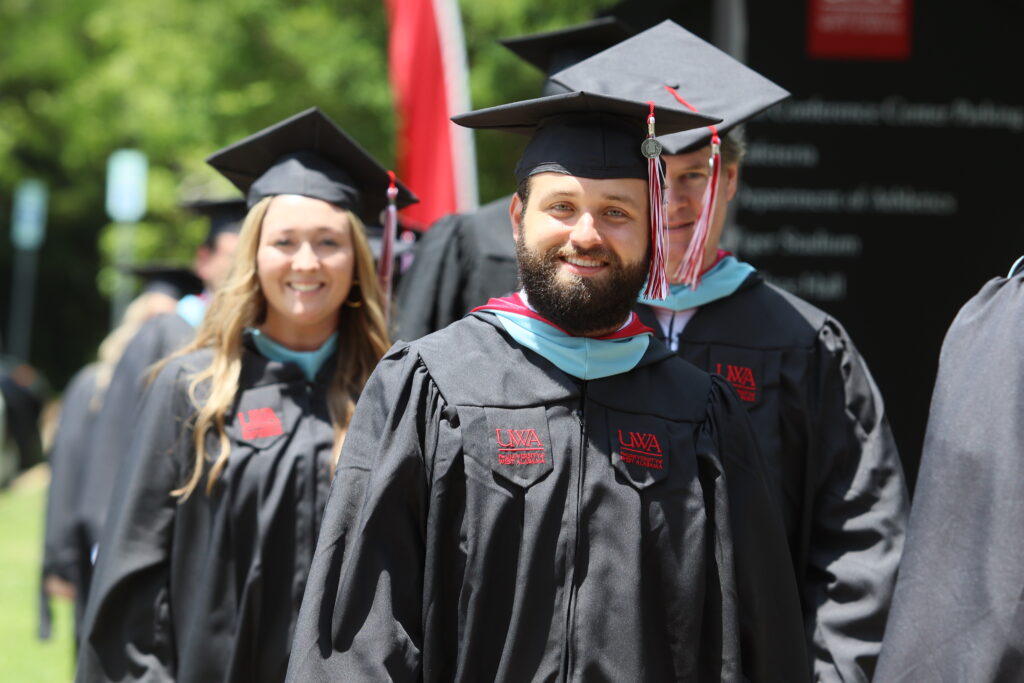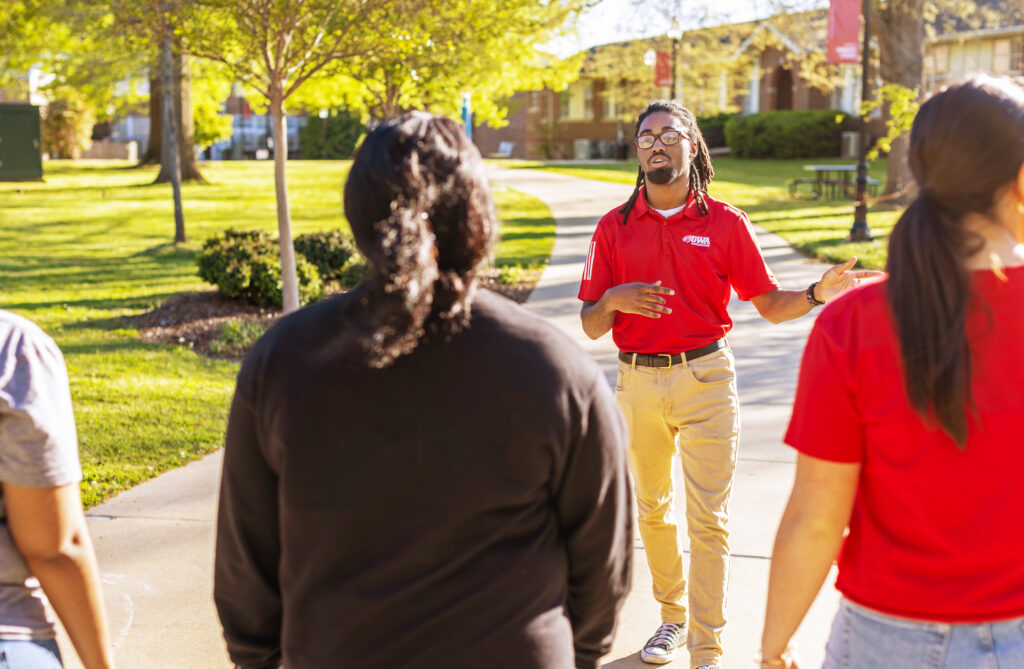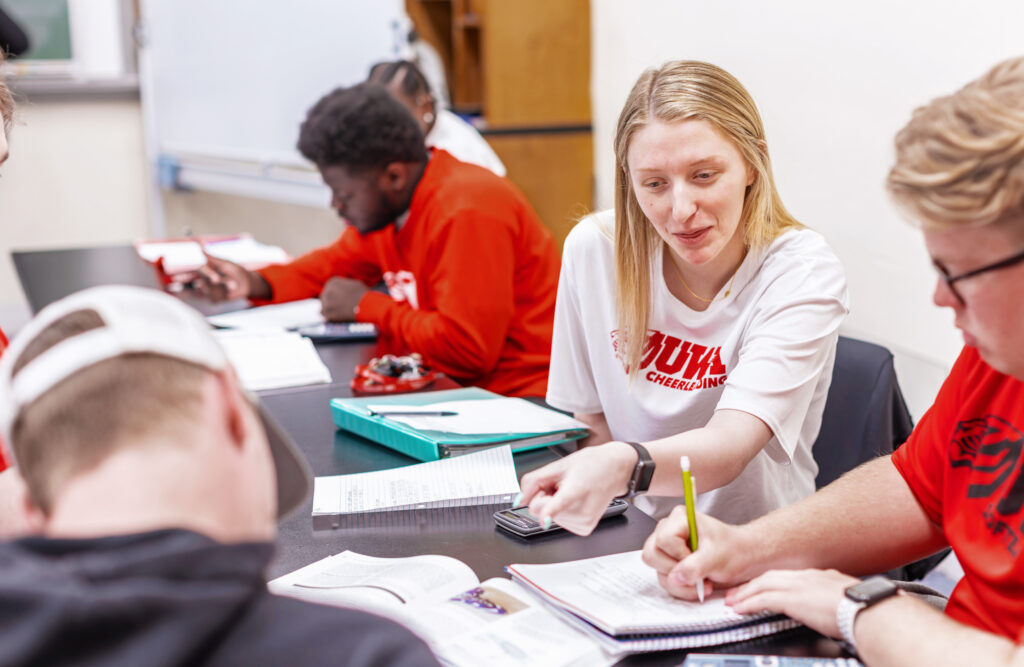This course provides an introduction to the field of conservation biology and examines the relationships between human populations and biodiversity. Graduate project required. Three lecture hours per week.
We all leave a footprint on the world. And as our population grows, there is an increasing need for conservation biologists to protect it. When you seek a Master of Science in Conservation Biology degree, you’re preparing for a career in the field and in the laboratory, answering questions related to ecology, evolution and changes in the environment.
This program includes two basic options:
Thesis Option (On Campus only) – draws on the strengths of our faculty to provide current and future students with a degree program suited to their needs
Non-Thesis Option (On Campus or Online) – designed to provide a preparation for students who wish to pursue masters-level study but are unable to engage in on-campus research
Throughout the program, you will train to understand biodiversity and identify solutions to potential conflicts between humans and the natural world. As a graduate student, you will choose between specializations in biodiversity (bio-inventory, taxonomy and molecular systematics), ecology (natural systems, plant/animal communities, paleoecology and microbial ecology) and anthropogenic impacts (environmental toxicology and water conservation).
Admission to this program requires prospective students hold a degree from an accredited college or university with a minimum of 2.5 grade point average (four-point scale). To apply, submit an application packet containing official transcripts, an official score on the Graduate Record Exam (GRE), a statement of purpose and three letters of recommendation. All application materials should be submitted to the UWA School of Graduate Studies.
Visit the Academic Catalog for information regarding program admission requirements, prerequisites, course offerings and more.
Program Facts
Program Format
On Campus, Online
Academic Term
Spring, Summer and Fall semesters
Tuition Cost
Number of Credits
Total Minimum Required: 30 hours
Academic Calendars
Request More Information
Interested in becoming a UWA Tiger? Fill out this form to join our mailing list and get the latest updates on admissions, deadlines, and the enrollment process.
Loading...
Sample Courses
BY554 Conservation Biology
3 Credits
BY592 Methods in Conservation Biology
3 Credits
Introduction to the current techniques used in the study of biological systems. Lecture, laboratory and demonstrations.
BY593 Critical Issues in Conservation Biology
3 Credits
Introduction, discussion and exploration of the current challenges facing the field of conservation biology.
Similar Programs
Career Outlook
Our graduates successfully compete for careers in state and federal governmental agencies such as the U.S. Forest Service, U.S. Fish and Wildlife Service, Departments of Environmental Protection and Agriculture, National Park Service and county and state health agencies as well as non-government organizations and environmental consulting firms. Graduates are also well-prepared for entrance into doctoral programs in conservation biology and related fields. With the selection of appropriate courses, an MS in Conservation Biology also provides possibilities for related careers in natural resources regulation and enforcement agencies.




Financial Aid & Scholarships
Financial aid and scholarships provide invaluable opportunities for students to pursue higher education and achieve their academic goals. Financial aid encompasses various forms of assistance, including grants and fellowships, loans, work-study programs and scholarships. Financial aid and scholarships alleviate the financial burden of tuition fees, textbooks and living expenses, making higher education more accessible to students from diverse backgrounds. By supporting students’ financial needs, universities foster a culture of inclusivity, equal opportunity and lifelong learning.
Hear From Our Alumni
Hear from previous and current students about their experiences.

Frequently Asked Questions
Are you a prospective student or visitor looking for information quickly and efficiently? The frequently asked questions (FAQ) section on the university’s website answers common inquiries about admissions, tuition, programs, campus facilities and more.